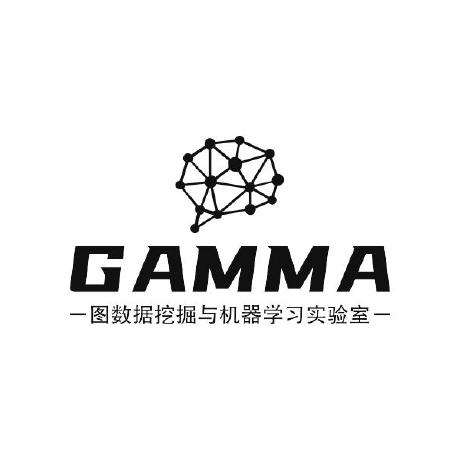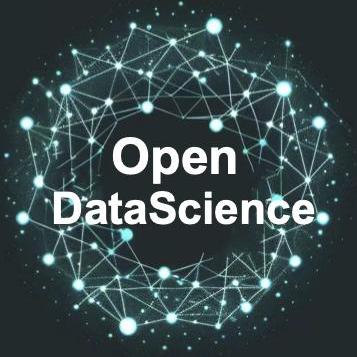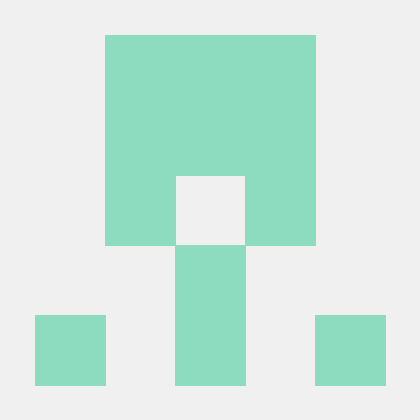Discover and explore top open-source AI tools and projects—updated daily.
OpenHGNN by  BUPT-GAMMA
BUPT-GAMMA
OpenHGNN: toolkit for heterogeneous graph neural networks
Top 38.2% on SourcePulse
OpenHGNN is an open-source toolkit for Heterogeneous Graph Neural Networks (HGNNs) built upon DGL and PyTorch. It provides researchers and practitioners with a comprehensive library of state-of-the-art HGNN models and tools for benchmarking, experimentation, and development in heterogeneous graph analysis.
How It Works
OpenHGNN integrates various HGNN models, offering a unified interface for running experiments on different datasets and tasks. It leverages DGL for efficient graph computation and supports PyTorch for model implementation. The toolkit emphasizes ease of use, extensibility for custom models and datasets, and efficient execution, with features like hyperparameter optimization via Optuna and support for distributed training.
Quick Start & Requirements
- Installation:
pip install openhgnn(from PyPI) or install from source. - Prerequisites: Python >= 3.6, PyTorch >= 2.3.0, DGL >= 2.2.1. Supports CPU or NVIDIA GPU on Linux.
- Setup: Basic setup involves installing Python dependencies. Running experiments requires specifying model, dataset, and task.
- Resources: Official documentation and examples are available.
Highlighted Details
- Integrates a wide range of HGNN models for node classification, link prediction, and recommendation tasks.
- Supports graph pre-training, recommendation, graph adversarial attacks/defenses, and anomaly detection.
- Includes features for distributed training, mini-batch training with Graphbolt, and TensorBoard visualization.
- Offers a design space exploration tool (Space4HGNN) and a benchmark leaderboard.
Maintenance & Community
The project is actively maintained by the BUPT GAMMA Lab, with contributions from the DGL team and Peng Cheng Laboratory. It has received awards and recognition, including the Kai-Zhi Community Excellent Incubation Award and support for a first-prize project in Electronic Science and Technology. A Slack channel is available for community interaction.
Licensing & Compatibility
The project is open-source, with a citation request for academic use. Specific licensing details for commercial use are not explicitly stated in the README, but it is built on DGL and PyTorch, which have permissive licenses.
Limitations & Caveats
The README mentions support for Python 3.6, which is now quite dated; newer Python versions are likely compatible but not explicitly guaranteed. Some advanced features like distributed training or Graphbolt integration may require specific configurations or dependencies.
5 months ago
Inactive

 HKUDS
HKUDS ahkarami
ahkarami sheldonresearch
sheldonresearch bknyaz
bknyaz acbull
acbull tensorflow
tensorflow OpenPPL
OpenPPL amaiya
amaiya dmlc
dmlc NVIDIA
NVIDIA Lightning-AI
Lightning-AI microsoft
microsoft